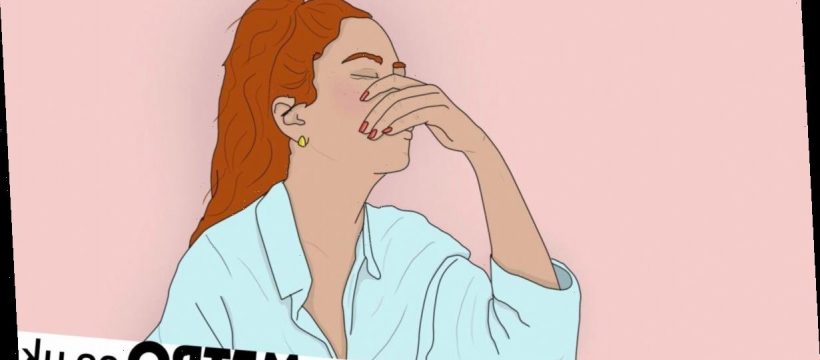The #MeToo movement had a dramatic effect on the way we view everyday sexism. More and more of us have started to question the way women are treated in the workplace, the way we are objectified in public, and how sexism is ingrained into society.
We have made some progress. Over the last two years I have successfully worked with victims to make ‘upskirting’, the vile practise of men taking photos under women’s clothing in public, a specific sexual offence.
I worked with campaigners and politicians across Parliament to update our law, ensuring the police received the legal support they need to protect women in the digital age.
This change has already been hugely effective, with hundreds of reports and several successful prosecutions having already taken place.
However, reflecting on International Women’s Day 2020, it is clear that we still have a long way to go.
Convictions for sexual violence are at a record low, whilst reports of these crimes skyrocket. Survivors are being asked to jump through increasing hoops in order to seek justice. Women are having to hand over their personal phones to the police and go through what happened to them in painstaking detail. Mental health support for survivors is chronically underfunded, with waiting lists stretching for over 12 months in many parts of the UK.
Clearly, two years on from the #MeToo movement, the culture of victim blaming and everyday sexism is proving hard to shift. So what can be done?
For International Women’s Day I will be putting forward legislation to make misogyny a hate crime. Tens of thousands of women report misogyny-motivated crimes to the police each year, ranging from street harassment to rape.
Women feel unsupported and ultimately lose faith in the ability of our law enforcement to help
Making misogyny a hate crime would mean two things. We would, for the first time, be able to understand how misogyny influences crime as the Bill would require police forces across the UK to keep a record. Secondly, where the motivation of misogyny is provable, crimes could be prosecuted more severely.
My bill would empower women by sending a clear message; sexism is not ok.
It is estimated that at least 65 per cent of women have experienced street harassment, and the true numbers are probably far higher. Reporting misogynistic crimes is not easy in our current system, and often the misogynistic motivation does not get recorded. This means that women feel unsupported and ultimately lose faith in the ability of our law enforcement to help. My bill would change this.
The Law Commission is currently undergoing a review into hate crime legislation, which the Tory Government reluctantly agreed to during the debates on making upskirting a specific offence. The review will release a consultation paper later this year, but the full recommendations won’t be until 2022. Once these are published there is absolutely no guarantee the Government will act to change the law.
For countless women up and down the UK, who live under the threat of misogynistic violence and crime, this is simply not good enough. We need reassurance from Boris Johnson that the Tories will not try to wriggle out of the recommendations. We need commitment. My Liberal Democrat colleagues and I will keep up the pressure.
The first wave of #MeToo is now over. We have broken the silence. We have raised the alarm bells. And we have made the first changes. Now it is time to push for more permanent changes in our law and in our culture. We have to continue the conversation and make sure that we do not sink back into apathy.
Making misogyny a hate crime would be a step towards equalling the power imbalances within our society. It would support women, and make sure no voice goes unheard.
Do you have a story you’d like to share? Get in touch by emailing [email protected]
Share your views in the comments below.
Source: Read Full Article
